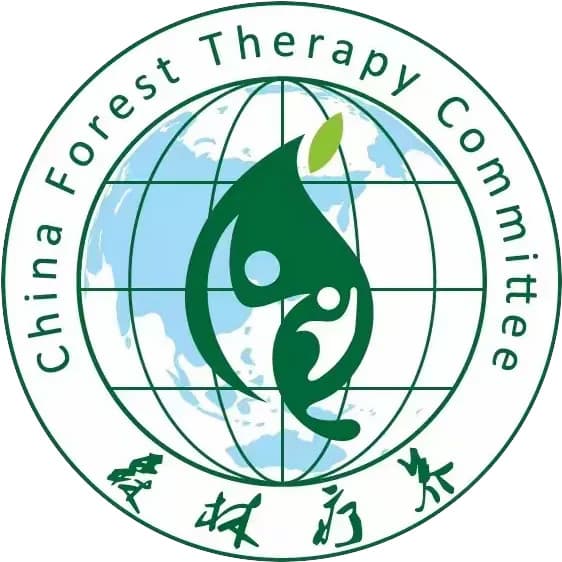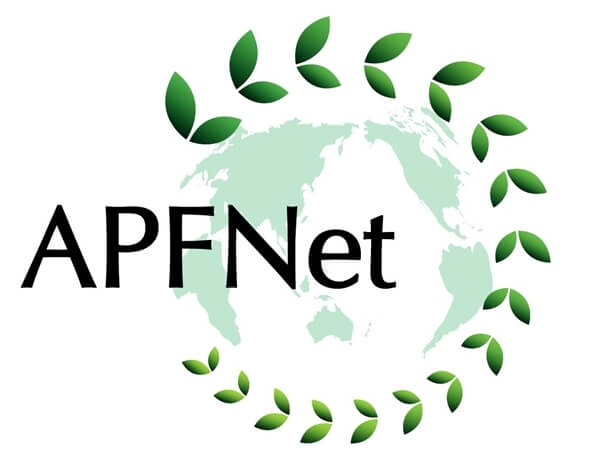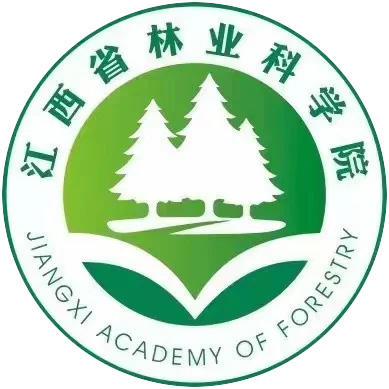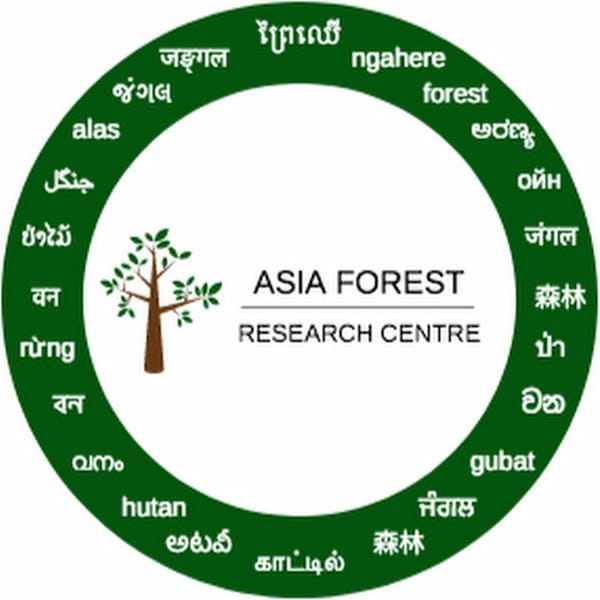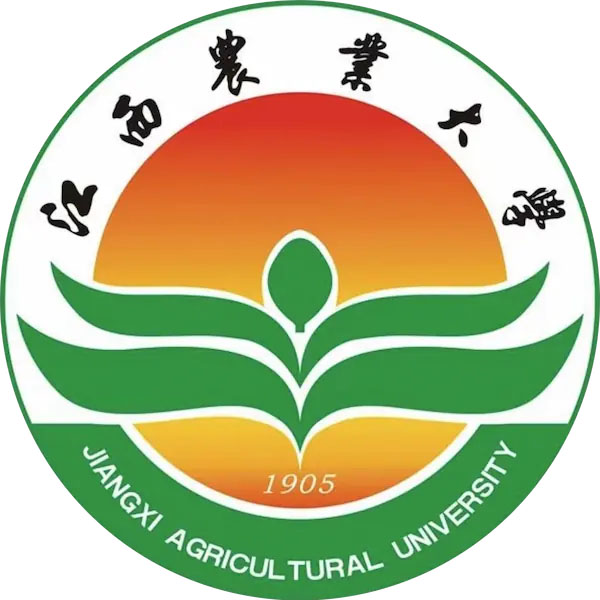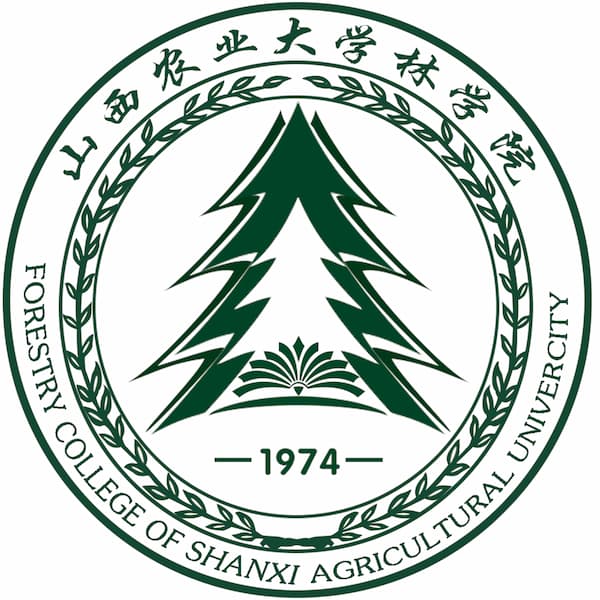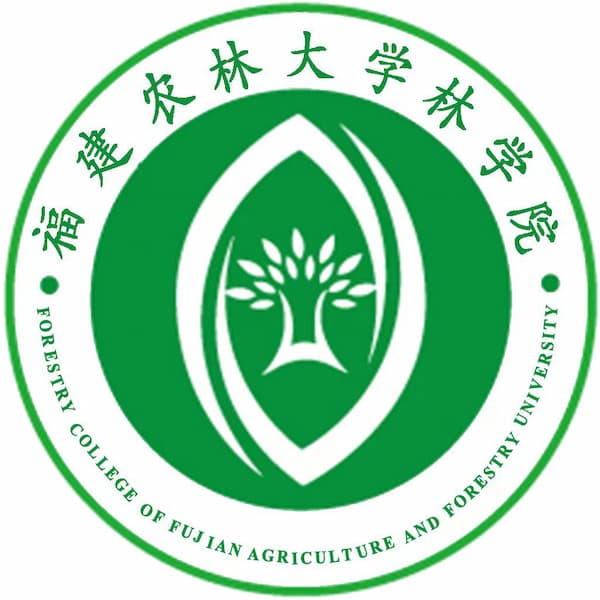
When: July 7 – 9, 2022
Where: Online via Zoom
NOTE: Presentation Abstract Submission and Registrations are now closed.
Recordings
The conference recordings are now available at the link below.
About the Conference
The UBC Faculty of Forestry presents a 3-day virtual event focusing on forest therapy research, its institutional context, and an overview of effective implementation. Come and discuss the future outlook of a practice that promotes mental, physical, and social wellbeing.
Background and Objectives
Impacts of the COVID pandemic on well-being are widespread and varying. The underlying drivers of stress include social isolation, reduction of physical activity, and rapid and widescale changes to social and political realities. Forest Therapy has increased in prominence as an easily accessible and effective approach to managing and reducing the effects of these challenges. Given the increasing importance of forest therapy, the University of British Columbia in collaboration with partners is seeking to organize an International Conference on Forest Therapy. This 2-day event (with an optional third day for immersive practices) will include internationally-renowned forest therapy experts and will be organized according to three relevant themes.
Forest therapy is an emerging area of research that increasingly contributes to social and environmental needs at the global level. Over the last decades, a growing number of experts have been evaluating the therapeutic effects of forest-oriented stimulations and have found a wide range of benefits. Forest therapy is gaining ground as an accessible and reliable means to alleviate physiological and psychological conditions. In particular, over the last year forest therapy has been applied as a key approach to reducing pandemic-related stress. The practice of forest therapy has been gaining ground in countries all over the world, and policies are developing to advance its application in many areas of individual life.
Given the increasing importance of forest therapy, the University of British Columbia in collaboration with partners is seeking to organize an International Conference on Forest Therapy. This 2-day event (with an optional third day for immersive practices) will include internationally-renowned forest therapy experts and will be organized according to three relevant themes. Our major themes include:
i. Current Research in Forest Therapy: This session will be dedicated to discussing the most recent research on forest therapy’s impact on wellness. Topics will include physical and mental benefits derived from forest therapy, as well how it can facilitate connection to nature. This session will also provide overview of the latest applicable technology.
ii. Integration of Forest Therapy into Public Health Systems: This session will focus on how forest therapy can be integrated into public health systems. Topics for this theme will include existing
models, training and educating public health practitioners, and lessons learned from existing schemes.
iii. Forest Therapy Policy and Practice: This session will be dedicated to exploring best and novel practices for implementing forest therapy. Topics for this theme will include both financial and practical facets of regulating forest therapy initiatives, including business models, the role of guides and certification schemes.
This event will be hosted on July 7-8, 2022. We hope you are able to participate by sponsoring the event, participating as a speaker, or registering as an attendee. Please do not hesitate to follow up with any questions or concerns.
Program
Please use the button below to view the full program agenda.
NOTE: All times listed in the table are in PDT.
Keynote Speakers
Click the images below to learn more about the keynote speakers.
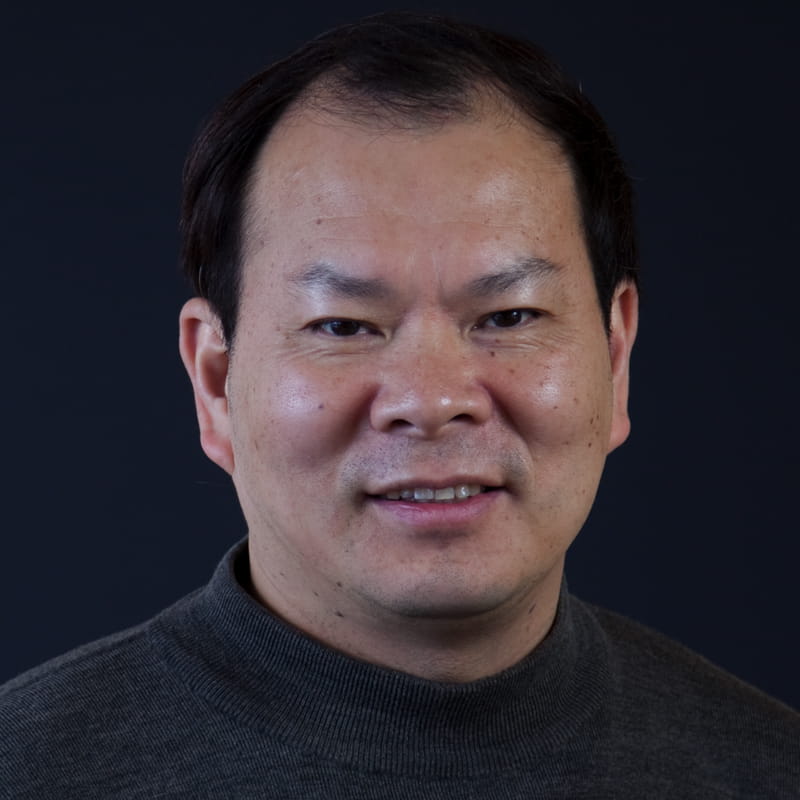
Dr. Guangyu Wang – Professor and Associate Dean, Asian Strategies, Faculty of Forestry, University of British Columbia
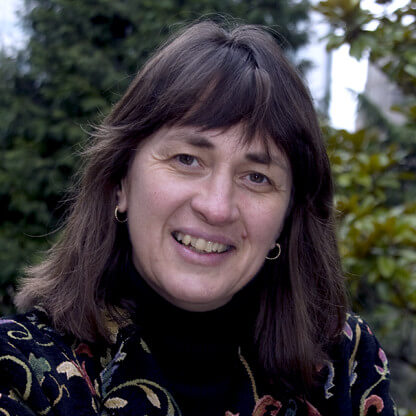
Dr. Kathy Wolf – Research Social Scientist, at School of Environmental and Forest Sciences, University of Washington
Speaker Profiles
Dr. Qing Li
Dr. Qing Li (MD, Ph.D.) graduated from Shanxi Medical University and got a Ph.D. from Kagoshima University. He is a professor at Nippon Medical School, President of the Japanese Society of Forest Medicine, Director of the Forest Therapy Society, Vice-President and Secretary-General of INFOM, Managing Vice Chairperson of Forest Health Maintenance Research of the World Federation of Chinese Medicine Society. He has studied at Stanford University. Prof. Li is the world’s foremost expert in forest medicine and immunology. He received Society Award from the Japanese Society for Hygiene in Forest Medicine in 2021 and University Award from Nippon Medical School in Forest Medicine in 2011.
Some people study medicine. Some people study forests. Dr. Li studies forest medicine to find out all the ways in which walking in the forest can improve our well-being. He started forest medicine research (Shinrin-yoku/Forest bathing/Forest therapy) in 2004 and has published many articles on forest medicine in scientific journals.
The terms forest bathing and Shinrin-yoku in English were first defined in his paper (Li Q, et al. Forest bathing enhances human natural killer activity and expression of anti-cancer proteins. Int J Immunopathol Pharmacol. 2007;20(2):3-8.)
He established the new science, Forest Medicine and published Forest Medicine in 2012 in the USA (https://novapublishers.com/shop/forest-medicine/). This book has been translated into Chinese and Korea.
His book: Shinrin-Yoku was published by Penguin Random House UK in 2018 (https://www.penguin.co.uk/books/308285/shinrin-yoku/9780241984857.html). The book also was published in the USA under the title of Forest Bathing in 2018 (https://www.penguinrandomhouse.com/books/579709/forest-bathing-by-dr-qing-li/). Forest Bathing ranked in the bestseller list in the USA).
Moreover, the book has been translated into 26 languages including 1. French, 2. Spanish, 3. Dutch, 4. German, 5. Italian, 6.Russian, 7. Portuguese, 8.Hungarian, 9. Czech, 10. Slovak, 11. Polish, 12. Bulgarian, 13. Finnish, 14. Chinese Complex, 15. Danish, 16. Swedish, 17. Estonian, 18. Vietnamese, 19. Romania, 20. Simplified Chinese, 21. Korean, 22. Slovenian, 23. Lithuanian, 24. Turkish, 25. Japanese, 26. Thai.
In 2019, he co-edited a new book: International Handbook of Forest Therapy published by Cambridge Scholars Publishing.

Amos Clifford
Amos Clifford is the founder of the Association of Nature and Forest Therapy Guides and Programs and the author of the best-selling Your Guide to Forest Bathing (Conari Press 2018). After studying Buddhist philosophy for over 20 years, in 2004 Amos founded Sky Creek Dharma Center in Chico, California, where he emphasized the importance of meditation practice in wild places. By 2008 he no longer identified as Buddhist, instead preferring the nameless and sometimes unnamable experiences he had in natural settings and had been having since early childhood. This led to a deepening inquiry regarding relationships between humans and the more-than-human world. Between 2010 and 2012 Amos took his inquiry into wild places and with the help of the School of Lost Borders and Men of Spirit he had a year of intense wilderness practice, which led to the vision for the Association of Nature and Forest Therapy Guides and Programs. Inspired by the Japanese practice of Shinrin-yoku, Amos founded ANFT in 2012 and over the next two years developed what is now known as the “Standard Sequence” of the ANFT school of Forest Therapy. Amos holds a BS in Organization Development and an MA in Counseling from the University of San Francisco. He teaches about Forest Therapy and leads retreats internationally.
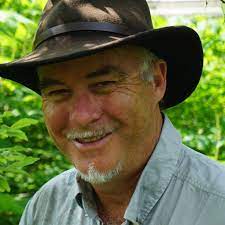
Dr. Melissa Lem
Dr. Melissa Lem is a Vancouver family physician and Founder and Director of PaRx, Canada’s national nature prescription program powered by the BC Parks Foundation. Also, as President-Elect of the Canadian Association of Physicians for the Environment, she is an internationally recognized expert on the nature-health connection.
A senior writer for the CBC, her work has been widely published by media including the Vancouver Sun, Toronto Star, Montreal Gazette, The Narwhal and National Observer. She was the resident medical expert on CBC TV’s hit show Steven and Chris for four seasons and is a regular contributor to CBC Radio and CTV News.
Dr. Lem was the inaugural winner of University College’s Young Alumni of Influence Award at the University of Toronto, a 2020 Joule Innovation grant recipient from the Canadian Medical Association, a 2021 World Parks Week Ambassador, sits on the Advisory Committee of the IUCN World Commission on Protected Areas Health and Well-being Specialist Group, and is a Clinical Assistant Professor at the University of British Columbia.

Dr. Won Sop Shin
Dr. Won Sop Shin obtained his Ph.D. in forestry in 1992 from the University of Toronto, Canada.
Dr. Won Sop Shin is a professor at Chungbuk National University in Korea and Chair of the Korea Forest Therapy Forum. He has lots of experience in research and conducting projects on forest and human health for about 30 years. His main research interest is psychological benefits from forest and nature experiences. From 2013 to 2017, he served as Minister of Korea Forest Service (KFS), and Chair of Committee on Forestry, FAO. During his term, KFS developed many new forest policies relating to using forests for human health and welfare. He is now a Head of the Graduate Department of Forest Therapy at Chungbuk National University enrolling about 150 students in Masters and Ph.D. programs. Won Sop Shin is also working actively with international organizations such as the International Society of Nature and Forest Medicine.
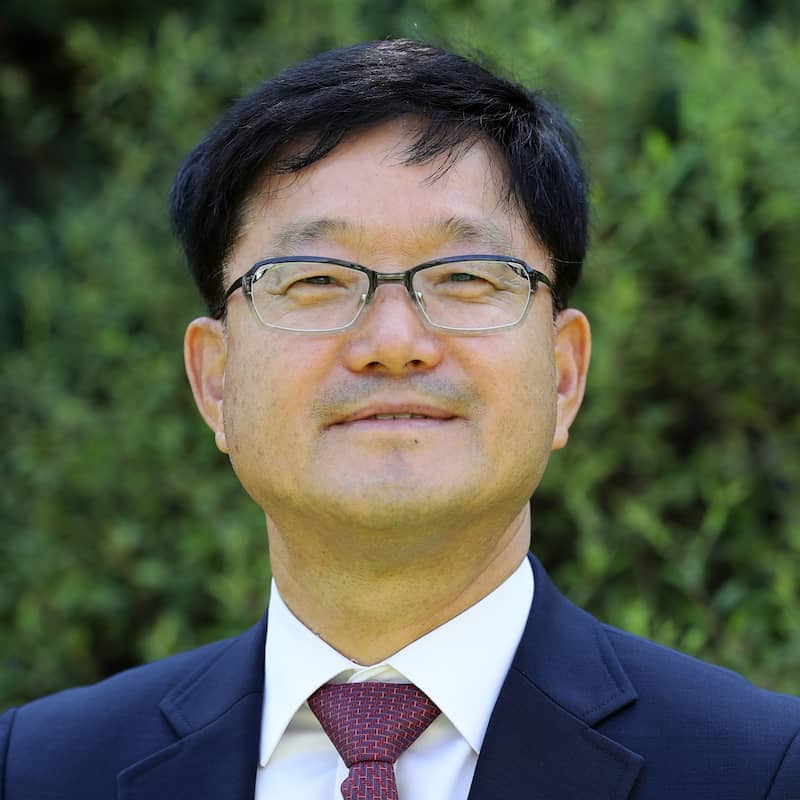
Dr. Kathleen Wolf
Dr. Kathleen Wolf is a Research Social Scientist (retired, affiliate) at the School of Environmental and Forest Sciences, University of Washington. Following early career positions as a biologist, environmental planner and landscape architect she completed her Ph.D. at the University of Michigan. She then implemented a multi-decade research program at the University of Washington to investigate human response to outdoor spaces in cities, using theory and methods of environmental psychology. She was also a research associate with the US Forest Service Pacific NW Research Station collaborating on studies of social dimensions of urban forestry and ecosystems. Her research has spanned multiple disciplines and collaborations; publications include journals focusing on urban forestry, psychology, transportation, urban planning, marketing and public health. Dr. Wolf’s mission is to discover, understand and communicate human behaviour and benefits, as people experience nature in cities and towns. Kathy is committed to science translation and outreach and actively shares research at www.naturewithin.info; and the Green Cities: Good Health project at: www.greenhealth.washington.edu

Dr. Mailda van den Bosch
Matilda van den Bosch is a Senior Researcher at the Barcelona Institute for Global Health, Spain, and an Adjunct Professor at the University of British Columbia, Canada, with a shared appointment between the Faculty of Medicine and the Faculty of Forestry. She has a background in medicine and her interdisciplinary research line lies in the interface of human health and the health of natural environments with the goal of contributing to evidence and policies that promote healthy environments for both humans and ecosystems. Most of her studies have focused on the health benefits of contact and exposure to urban natural environments, especially for children. Findings from her research suggest that exposure to green and blue spaces promotes childhood health and development and reduces the risk of neurobehavioural problems. She has published more than 50 peer-reviewed scientific articles and is the primary editor of the Oxford Textbook of Nature and Public Health (2018). She is also leading several international research projects related to climate change, childhood health, and green space mitigation. In addition, she advises various international organizations, including the World Health Organization, the UN Environmental Programme, and the US Environmental Protection Agency.
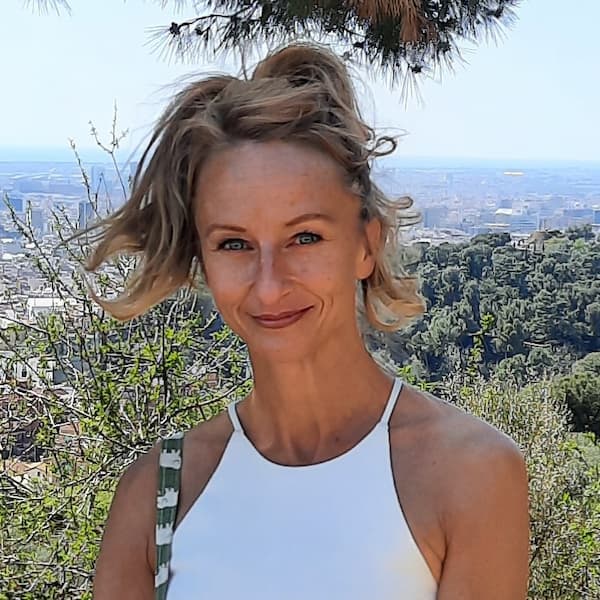
Dr. Tamberly Conway
Dr. Tamberly Conway, Ph.D., Founder and CEO of Conservation Conexions, serves as a Certified Nature and Forest Therapy Guide, a Certified Forest Therapy Trail Consultant, Canopy Watch Board Co-Chair and a Dovetail Partners Associate. Tamberly served for 12 years with the USDA Forest Service Conservation Education Program, as a Conservation Education Specialist in Texas and a Partnerships, Diversity and Inclusion Specialist in Washington, D.C., where she focused on diversity engagement, health and nature initiatives, forest health/human health relationships, conservation education and community empowerment in conservation. Tamberly has been engaged in the health and nature realm for over 10 years, through a variety of unique partnerships between land management agencies, health care professionals, NGOs, educational institutions and others, creating traditional and non-traditional partnerships in conservation education and community engagement to reach diverse audiences with meaningful and relevant conservation and stewardship opportunities. During her tenure with the USFS, she worked to propel Forest Therapy within the agency and among diverse communities through funding bilingual Forest Therapy sessions at community events, engaging with Park Rx America in health and nature collaborations, and the implementing the first-ever bilingual Forest Therapy training in collaboration with a number of diverse partner organizations. Tamberly has served as an international speaker on the subject matter of propelling the Forest Therapy practice globally, and she most recently supported the facilitation of an international collaboration among the Korea Forest Welfare Institute, the Korea Forest Therapy Forum, the USDA Forest Service, the University of British Colombia and Conservation Conexions, to expand Forest Therapy research and practice in the field She believes Forest Therapy and canopy ascents are powerful mechanisms to create relationships between people and the more-than-human world, thereby supporting the health of people and the land. Tamberly holds a B.S. in Wildlife Management from McNeese State University, an M.S. in Forest Recreation Management, and a Ph.D. in Forestry, with a focus on Human Dimensions in Natural Resources, from the College of Forestry and Agriculture at Stephen F. Austin State University.
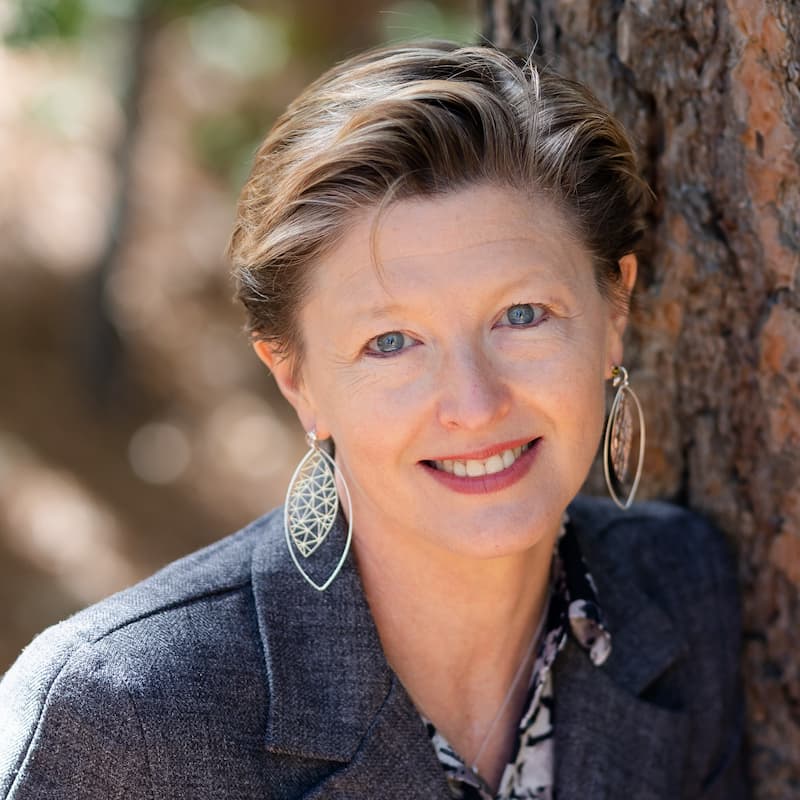
Dr. Iwao Uehara
上原 巌(うえはら いわお)
- Professor of Silviculture in the laboratory of Forest Science Department of Tokyo University of Agriculture.
- An authorized counsellor by The Japanese Association of Counseling Science.
- President of The Society of Forest Amenity and Human Health Promotion in Japan.
- Major scientific fields: Silviculture, Forest Therapy, Forest Amenities
- Born in Nagano City, Japan in 1964
Academic Background
- Exchange Student at Michigan State University (Forestry) from March 1986 to March 1987
- Graduated from Tokyo University of Agriculture in March of 1988
- Graduated from the Graduate School of Shinshu University (Master Course) in March of 1997. Degree of Master of Science.
- Graduated from the Graduate School of Gifu University (Doctor Course) in March of 2000. Degree of Doctor of Philosophy.
Work History
- 1988-1995 Senior High School Teacher of Nagano Prefecture
- 1997-2001 Care Worker of Social Institution in Nagano
- 2002-2004 School Counselor of Nagano Prefecture Senior High Schools
- 2002-2004 Lecturer of Tokai Women’s University
- 2004-2006 Associate Professor of University of Hyogo
- 2006-2010 Associate Professor of Tokyo University of Agriculture
- 2011‐ Professor of Tokyo University of Agriculture
Address
Silviculture Laboratory, Department of Forest Science
Tokyo University of Agriculture
1-1-1 Sakuragaoka, Setagaya-ku, Tokyo 156-8502 JAPAN
(Phone & Fax) 81-3-5477-2268
(E-Mail) bigrock1964@hotmail.com
(Blog) https://ameblo.jp/ueharaiwao/
(Society) https://forest-and-human-health.jp/
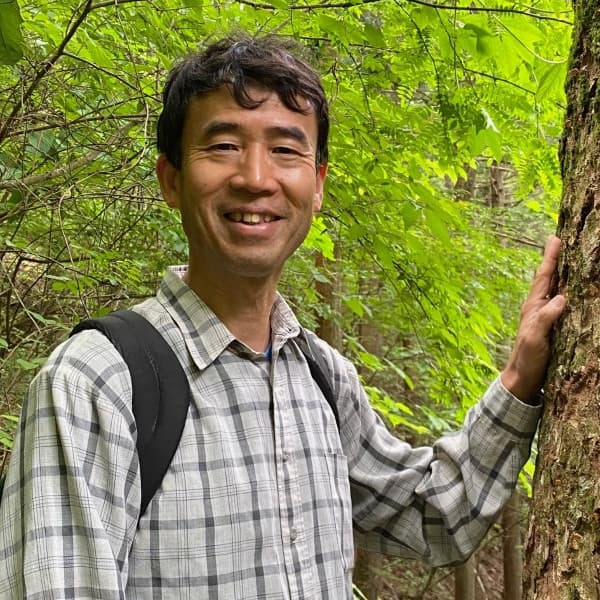
Alex Gesse
Forest Therapy Hub Executive Director (Barcelona) – FTHub Method and LIM Model for Forest Therapy Interventions
Alex Gesse has a postgraduate degree in Business Administration and an E-MBA at EAE Business School of Barcelona. He is finishing a degree in Sociology and studying a degree in Psychology. He is a Public Health and Forestry advisor to the Union of South European Foresters (USSE) and other public institutions. He has collaborated as a consultant specialist in the Expert Group on Human Health and Wellbeing to Forest Europe. Within his work with the Forest Therapy Hub, together with a multidisciplinary team, he has developed The FTHub Method and the Liquid Interactions Model (LIM) for Forest Therapy. This broader and integrative approach brings together the latest scientific evidence in nature and health and traditional approaches, nowadays known as nature connectedness (or relational approaches to nature). FTHub has manualized programs for health prevention, specific mental health populations and children at risk of social exclusion. The FTHub Method and the LIM Model are based on more than 20 Forest Therapy pilot projects and research conducted in collaboration with universities and other institutions. FTHub projects have been referred to as case examples in several international publications and congresses from different geographies. Alex is the author of “Feel the Forest: The experience of Shinrin-Yoku (Forest Bathing), Penguin Random House Editorial Group, and co-author of “Baños de Bosque: 50 Rutas Para Sentir La Naturaleza” (Forest Bathing: 50 Routes to Feel Nature), Petit Fute, and “Feasibility and experience of a Forest Therapy intervention for adults enduring stress” (Forests for Public Health, Chapter 6, Cambridge Scholars Publishing 2020).
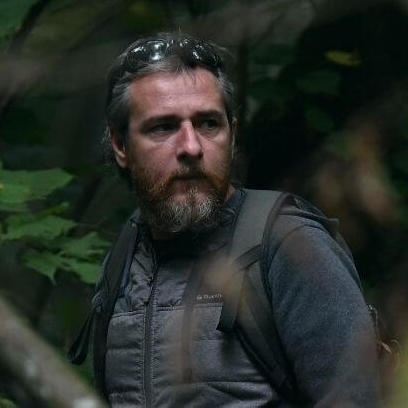
Michiko Martin
USDA Forest Service
Michiko Martin is the Regional Forester for the Southwestern Region of the USDA Forest Service and provides an essential role in carrying out agency goals enhancing shared stewardship opportunities with partners, meeting high-priority restoration goals across critical landscapes, protecting communities from wildfire, and providing the numerous benefits that flow from healthy forests and grasslands by strengthening all people’s connections with the land. She leads more than 2,000 employees and oversees 20.6 million acres of national forests and grasslands in Arizona and New Mexico.
Michiko brings over 34 years of federal government career experience to her position. Michiko joined the USDA Forest Service in 2014 as a national director and from 2014-to 2021 has served as the Director of Conservation Education; Director of Recreation, Heritage and Volunteer Resources; and the Acting Director of Engineering, Technology and Geospatial Services.
Prior to joining the Forest Service, Michiko worked for 12 years as the Chief of Education, Outreach and New Media for the Office of National Marine Sanctuaries, with the National Oceanic and Atmospheric Administration (NOAA) in the Department of Commerce. Michiko also served as a commissioned naval officer for 12 years, working as a meteorologist and oceanographer. She directed the daily operations of an environmental support unit to naval forces in Okinawa, Japan, and assisted in the operation of global atmospheric and oceanic numerical models.
Michiko is a recognized expert in the field of environmental education, having served three years on the Board of Directors for the National Marine Educators Association, twice serving as an issue editor for Current, a nationally-recognized education journal for ocean education, and currently serving on the International Union for the Conservation of Nature’s Commission on Education and Communication. She also has outstanding proficiency in science and engineering, with an extensive background in environmental modelling and numerical forecasting. Additionally, she has participated in oceanographic research cruises and holds a naval qualification to operate small boats.
A native of the Ryukyuan Islands, Michiko earned a Bachelor of Science in physical oceanography at the United States Naval Academy. She later earned post-graduate degrees, including a Master’s of Science degree in oceanographic engineering jointly conferred by the Massachusetts Institute of Technology and Woods Hole Oceanographic Institute; and, a Master’s degree in educational leadership at Troy State University. She holds memberships in Phi Kappa Phi, Sigma Xi, the Oceanography Society and the American Meteorological Society, among other professional organizations.
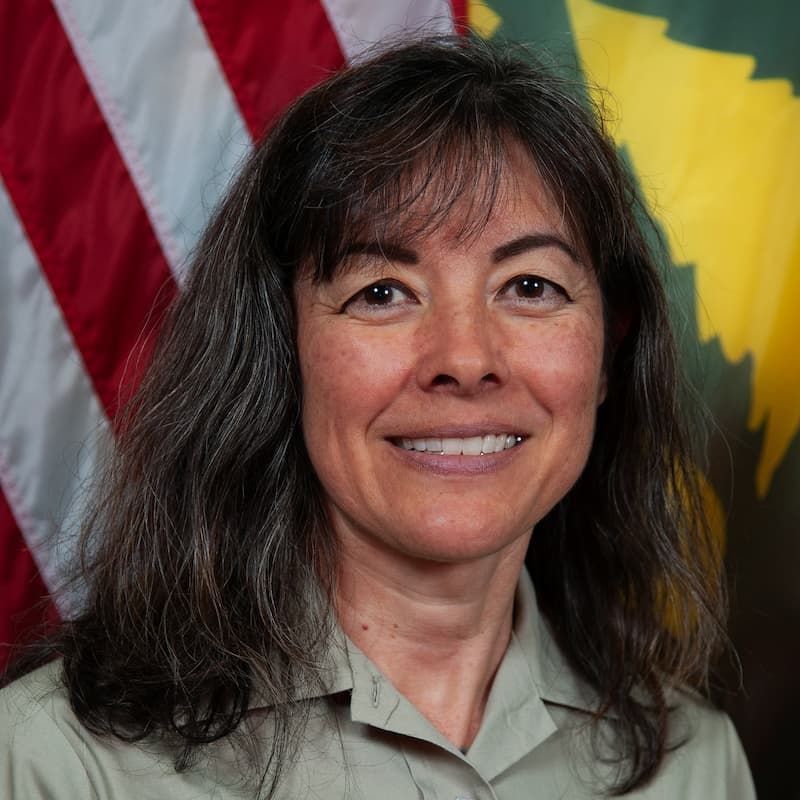
Partners
